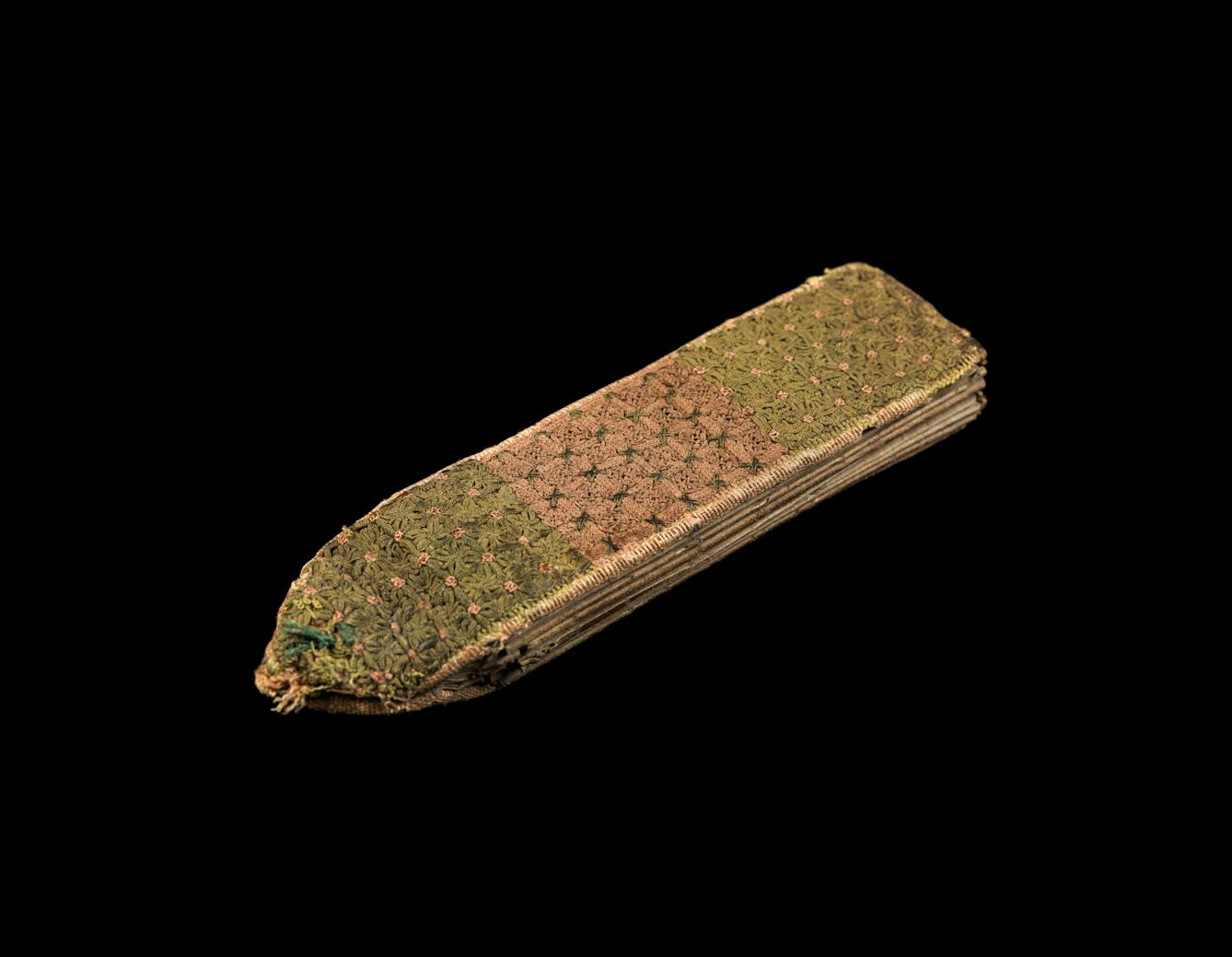
- Article
- Article
The enigma of the medieval folding almanac
With its combination of rich, portable data and high-end style, this folding almanac could have been the medieval equivalent of the latest iPhone.

- Article
- Article
Drugs in Victorian Britain
Many common remedies were taken throughout the 19th century, with more people than ever using them. What was the social and cultural context of this development?
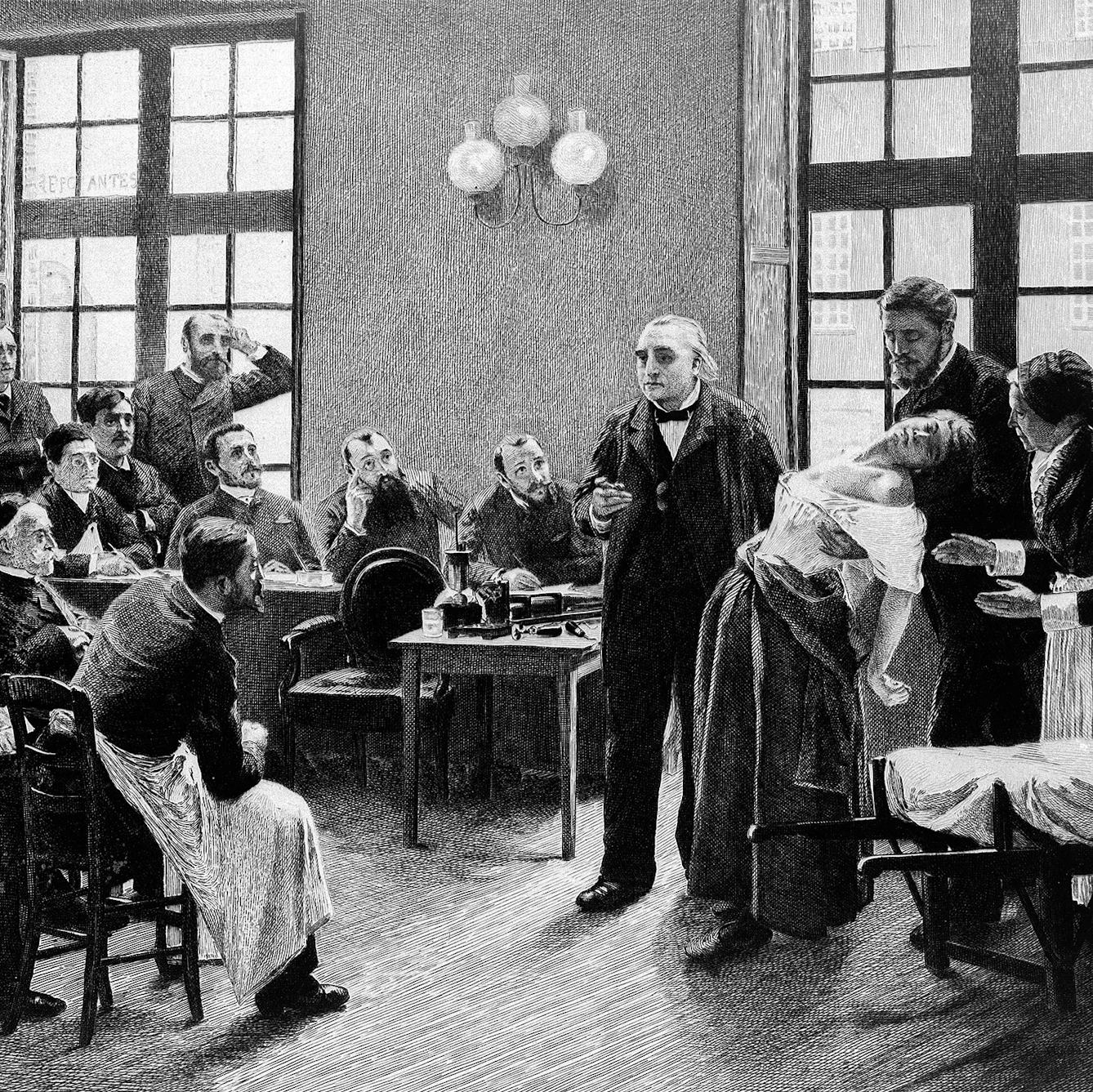
- Article
- Article
What is hysteria?
Hysteria has long been associated with fanciful myths, but its history reveals how it has been used to control women’s behaviour and bodies

- Article
- Article
The origins and meanings of pharmacy symbols
What have snakes, unicorns and crocodiles got to do with pharmacies? The history of these modern signs goes back to the Greek gods.

- Article
- Article
A brief history of ventilation
As ventilators continue to play an important part in helping very ill coronavirus patients, medical historian Dr Lindsey Fitzharris traces their development from the first attempts at mouth-to-mouth resuscitation through centuries of medical crises.

- Article
- Article
Divining the world through an artist’s almanac
Amanda Couch's artists book, 'Huwawa in the Everyday: an almanac' is inspired by the entrail like folds of a medieval folding and its function as a guide for astrological divinations linking the body, health and the heavens. Like the original almanac her work is designed to be carried out into the wider world.

- Article
- Article
Remote diagnosis from wee to the Web
Medical practice might have moved on from when patients posted flasks of their urine for doctors to taste, but telehealth today keeps up the tradition of remote diagnosis – to our possible detriment.

- Article
- Article
Finding out where my lithium comes from
The origins of the lithium Laura Grace Simpkins swallows daily are unclear. If we don’t know the provenance of our pills, how can we make informed decisions about them?
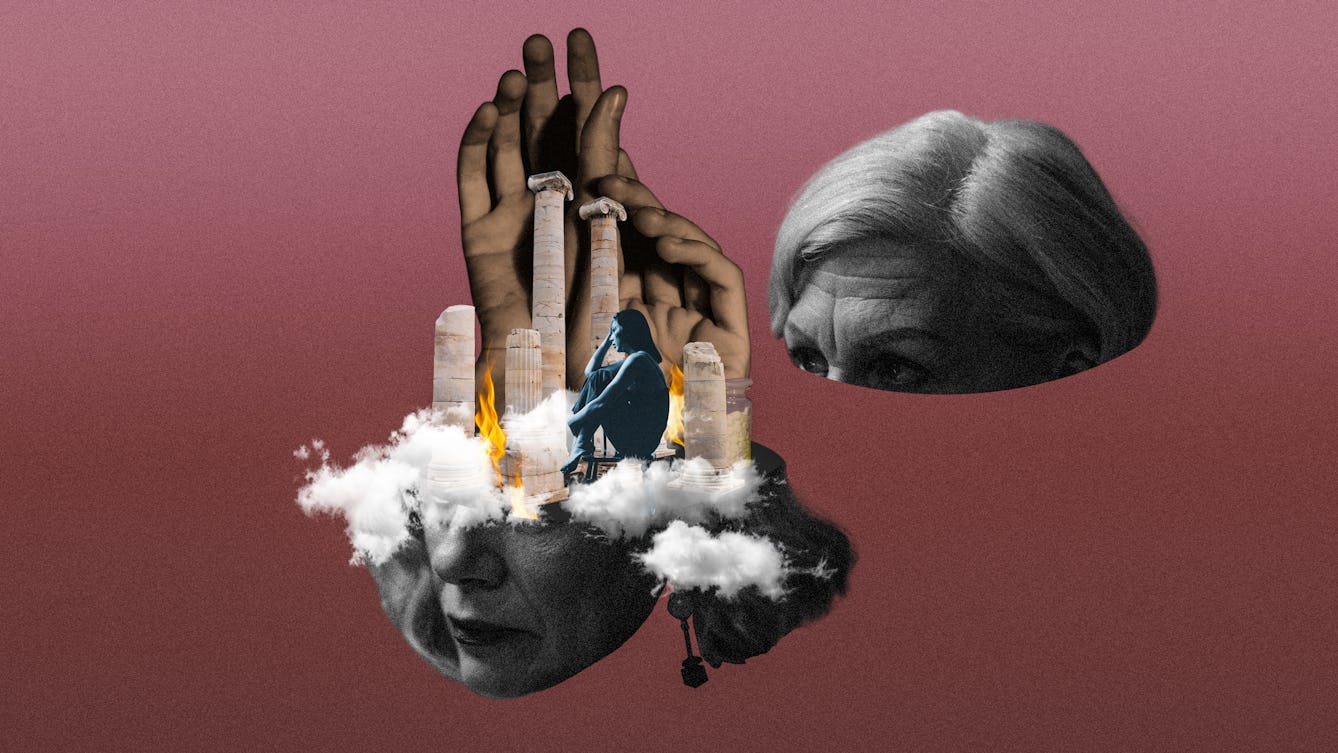
- Article
- Article
Hysteria
Mental health and emotional symptoms are common during menopause, but a long history of dismissing sufferers as 'hysterical women', at the mercy of their emotions has made it much harder to discuss these issues and to get support.

- Article
- Article
The secret lives of Britain’s first Black physicians
Dr Annabel Sowemimo explores the web of connections between early Black British doctors, the role of empire in West Africa and the pernicious reach of scientific racism.
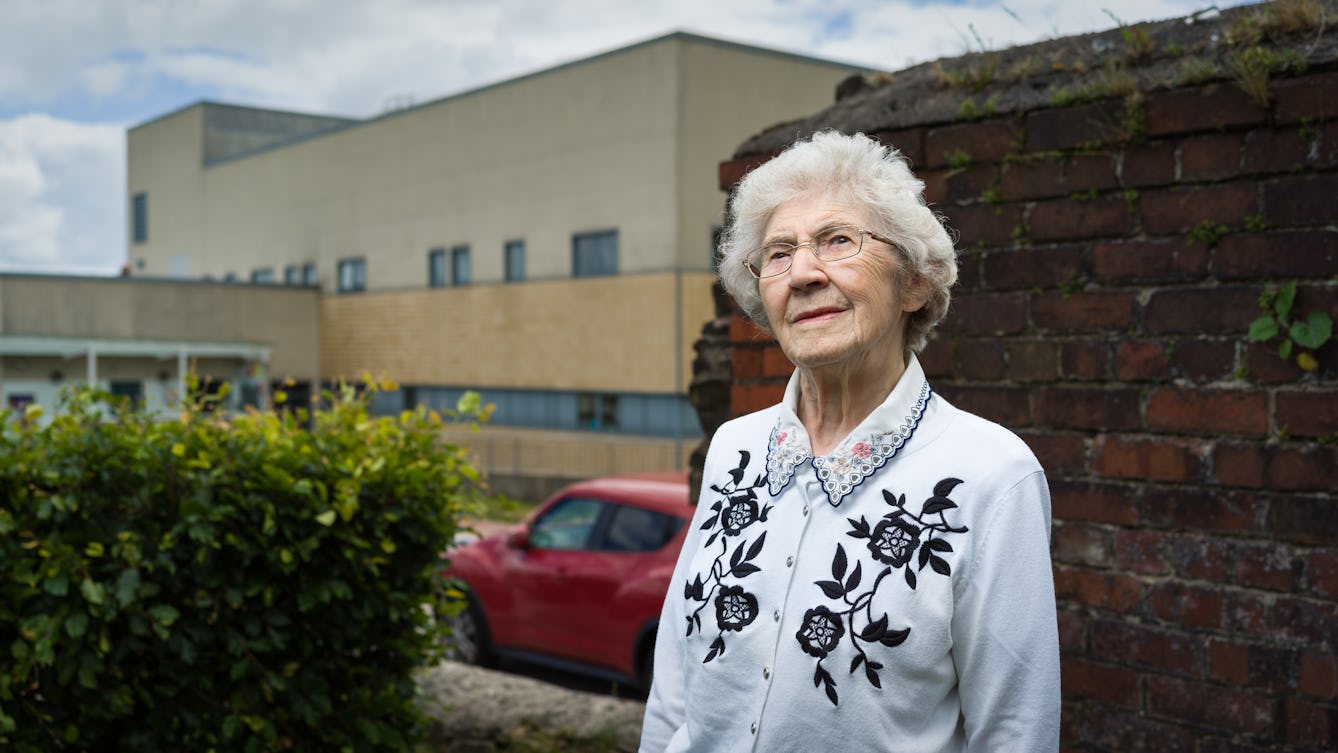
- Article
- Article
The birth of Britain's National Health Service
Starkly unequal access to healthcare gave rise to Nye Bevan’s creation of a truly national health service.

- Article
- Article
Desperate housewives and suburban neurosis
Discover how a pioneering health centre replaced housewives’ supposedly empty home lives with a social space that encouraged healthy child rearing.
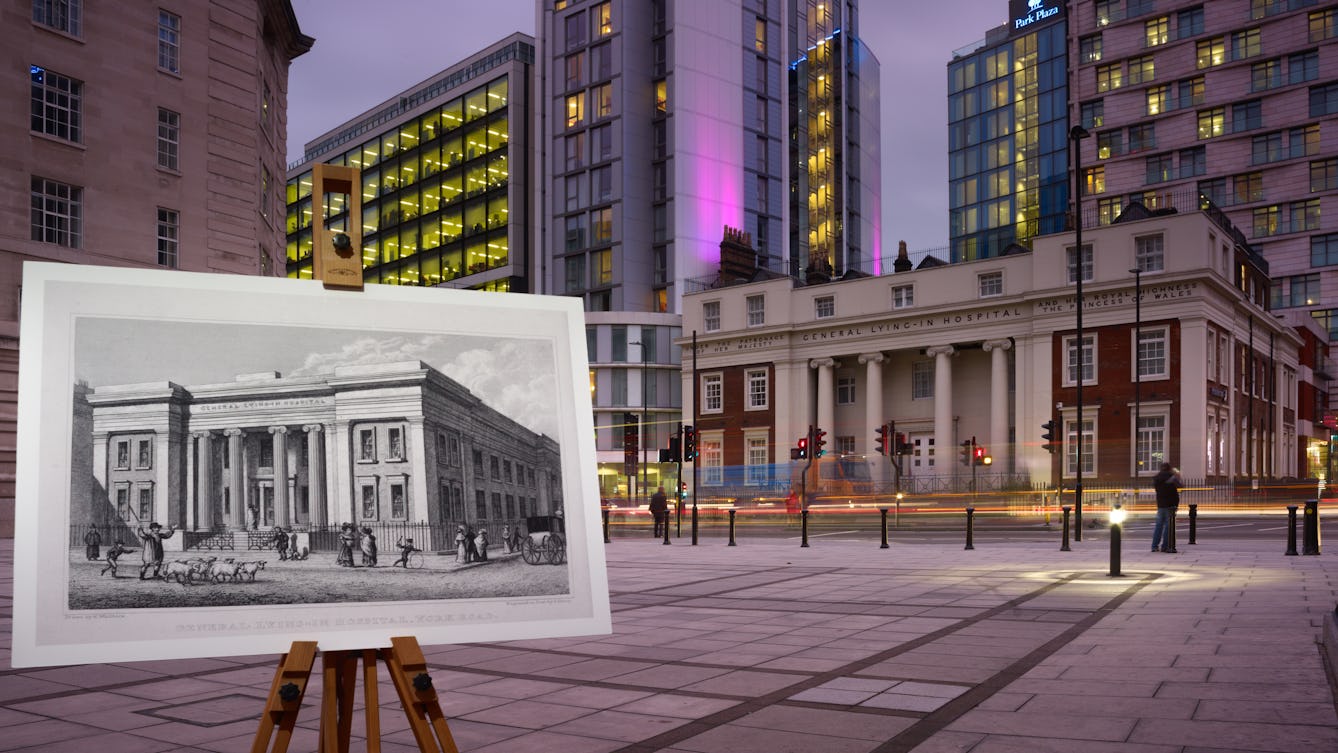
- Article
- Article
London, city of lost hospitals
Come on the trail of hundreds of ghost hospitals, whose remnants hold clues to medical treatments of the past.
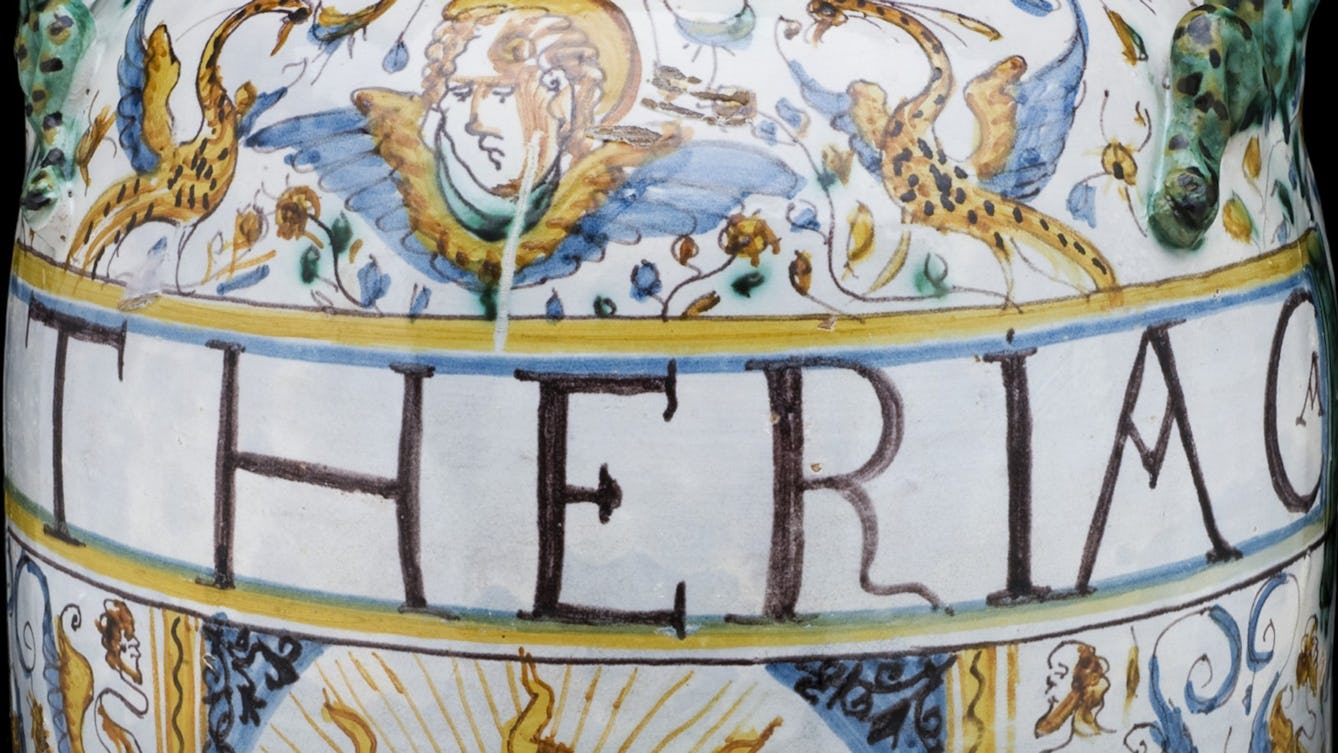
- Article
- Article
Theriac: An ancient brand?
The name theriac survived for around for two millennia as a pharmaceutical term. But a ‘brand’ name is not always a guarantee of quality.

- Photo story
- Photo story
Trans masculinity on the record
Curator of the Museum of Transology in Brighton E-J Scott tells the story behind a few of the 250 objects from the collection, and the powerful effect they had on him as he put trans lives on the record.

- Article
- Article
Maladaptive daydreaming, gender myths and me
Can you daydream too much? Excessive daydreamer Laura Grace Simpkins reflects on studies into “maladaptive daydreaming” and asks why so few fellow dreamers seem to be men.

- Article
- Article
The search for a cure for endometriosis
Discover how a white American doctor’s experimental operations on black female slaves laid the foundations for modern gynaecological surgery.
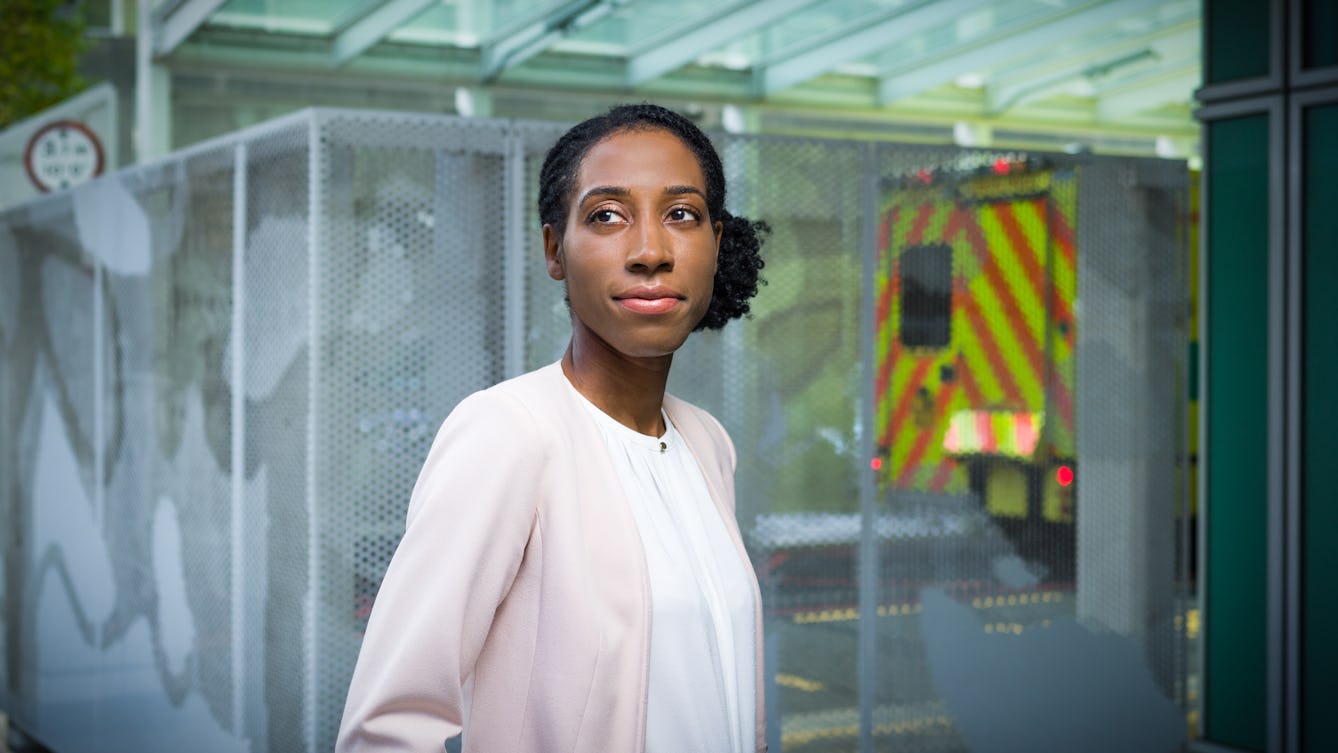
- Article
- Article
Born in the NHS
Despite underfunding, strikes and scandals, the first two decades of the 2000s has seen the British people’s love of and loyalty to the NHS soar.

- Article
- Article
Fees, funding and the NHS
In the 1950s, dramatic political battles over NHS charges brought down a government. But public confidence in the service still grew.

- Article
- Article
The first seizure
Historian Aparna Nair had her first seizure when she was 11. Here she recalls that first time, and how other people’s reactions are sometimes the most disturbing part about having a seizure.

- Article
- Article
The meanings of hurt
In the early modern period, gruesome incidents of self-castration and other types of self-injury garnished the literature of the time. Alanna Skuse explores the messages these wounds conveyed.
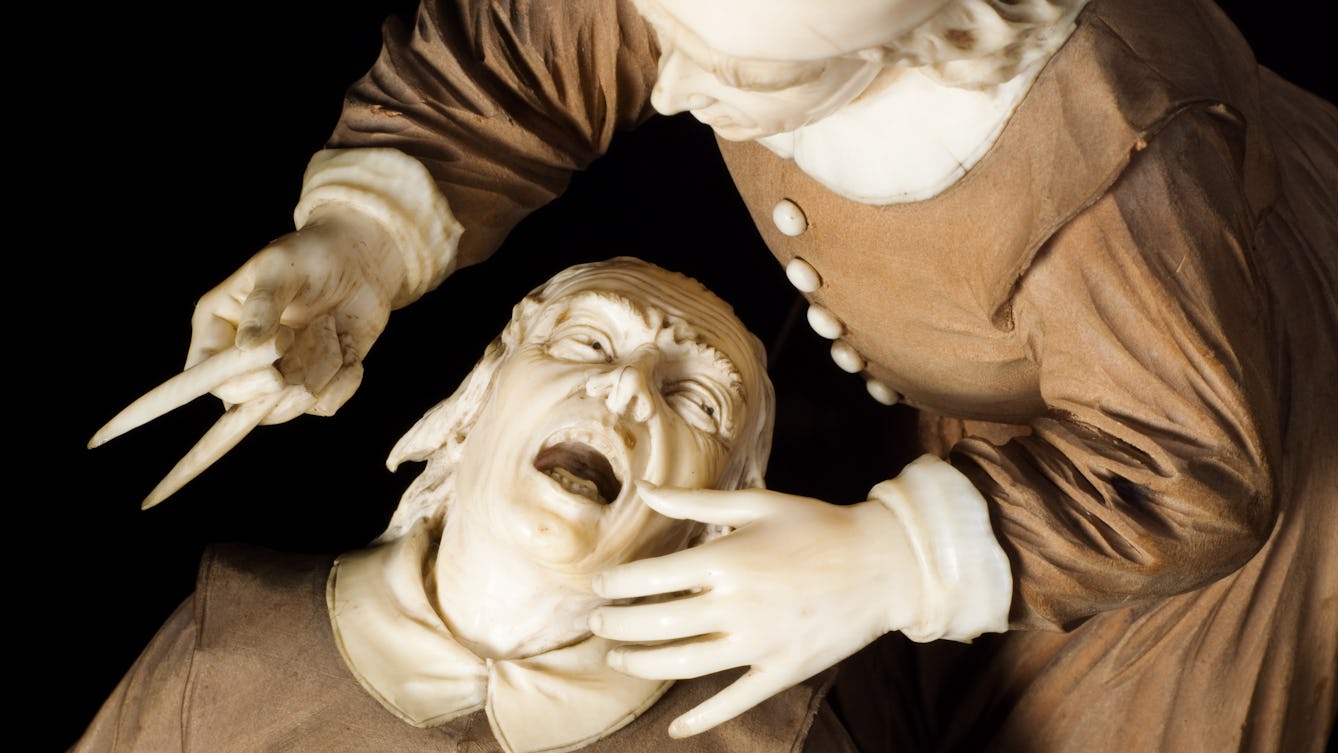
- Book extract
- Book extract
You know the drill
Richard Barnett opens wide the true meaning of a healthy mouth.

- Article
- Article
The complex longing for home
It could be mild, an almost poetic longing. Or it could be visceral, deep, an overwhelming feeling that eats into your everyday life. Come with Gail Tolley as she introduces a deep dive into homesickness.

- Article
- Article
NHS strikes and the decade of discontent
When the social unrest of the 1970s spread to the NHS, dissatisfied staff challenged the status quo for the first time in quarter of a century.

- Article
- Article
Finding a cure for homesickness
While technology can mitigate some aspects of homesickness, other components of home are harder to replicate. Find out how 21st-century studies are helping homesickness sufferers find silver linings in their new situation.